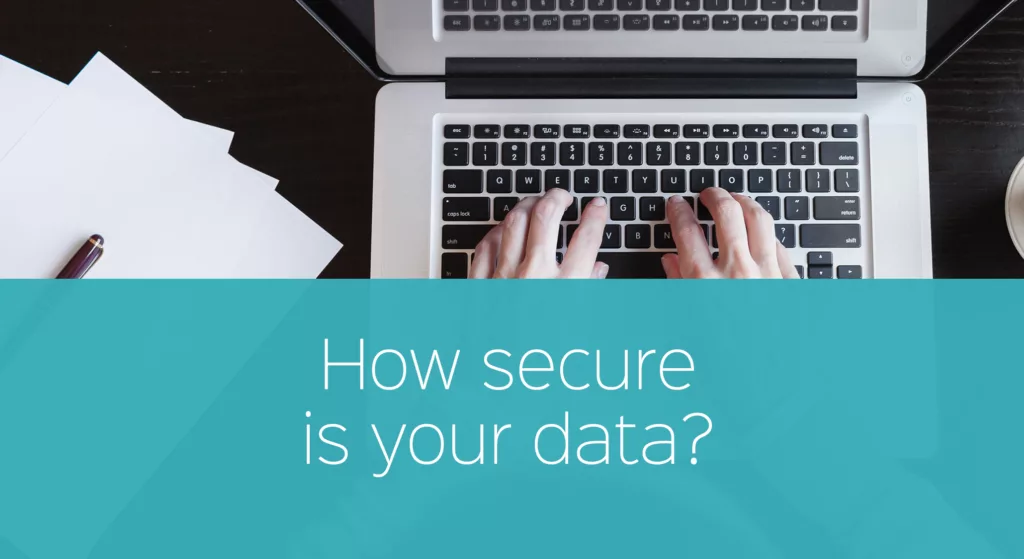Let’s face it, technology is a double-edged sword. On the one hand, statistics shows that 83.8% of US households have ubiquitous access to up-to-the second information on smartphones, tablets, home computers etc. But at the same time, an enormous amount of personal information is being passed through a number of channels: some secure, some not so secure. When it comes to NEMT software for providers, security is more than just a personal concern about identity theft, it’s about the credibility and stability of a business. As the latest EMR data breach at Anthem reveals, we are all vulnerable to attack, and a breach (with subsequent actionable consequences, class action suits, personal suits, etc.) can entirely destroy an operation entrusted with private medical data. Hackers are out to collect personal information, Social Security Numbers in order to exploit this information for financial gain and fraud activities. Any company that collects personal data on clients and even their own staff is vulnerable to an attack.
Database Can be Safer than Manual
Simply put, digital storage of information is more secure than when it’s done manually. It is far too easy for a laptop to get stolen or lost. Then, whatever information that isn’t completely protected upon it is prime data for mining. Using a server-based data storage system ensures that information is less likely to fall into the wrong hands. As the saying goes, “security through obscurity,” hence the fewer means of getting to secure information, the better. Records stored locally can be lost or hacked. The benefit of employing an off-site server is that it is someone else’s security concern and they should be dedicated to providing superior protection.
NEMT Software Provides Enhanced Level of Security
One of the ways that NEMT software can provide protection is through the way in which an operation can assign permissions for sensitive material. All stakeholders require access to medical data in order to provide top service to clients and participants, but access to that information also needs to be properly managed. The fewer the people involved with data, the less chance there will be that human error can lead to an EMR breach. As well, ask your software vendor if they provide notification services using email and SMS proactive alerts. How a vendor maintains and protects their server is a direct reflection on the way in which your operation can claim HIPAA compliance and remain resilient against a cyber-attack.
How Vulnerable is Your Operation?
Depending on how you share and access stored data, there are various levels of exposure to a hacker’s attack. HIPAA compliance regulations force all businesses that manage EMR to enforce certain regulations in order to maintain safe standards, but there is always more that you can do. Talk to your NEMT software vendor to find out about what protections are in place. What is the security at the server location? Do they provide around-the-clock surveillance? Do they even have a lock on the door?
Having access to secure medical data radically improves the trip booking and client management systems for non-emergency medical transportation operators. Data sharing has a positive effect, overall. However, such technology should be tempered with caution and forethought to mitigate the risk of a cyber-crime and to ensure that you’re doing everything you can to protect your business and your clients. Again, cybersecurity is a highly technical issue and it is best left to the professionals who are dedicated to providing this level of protection. Talk to a software specialist to learn more about how to improve your operation with automation and also to remain secure.
